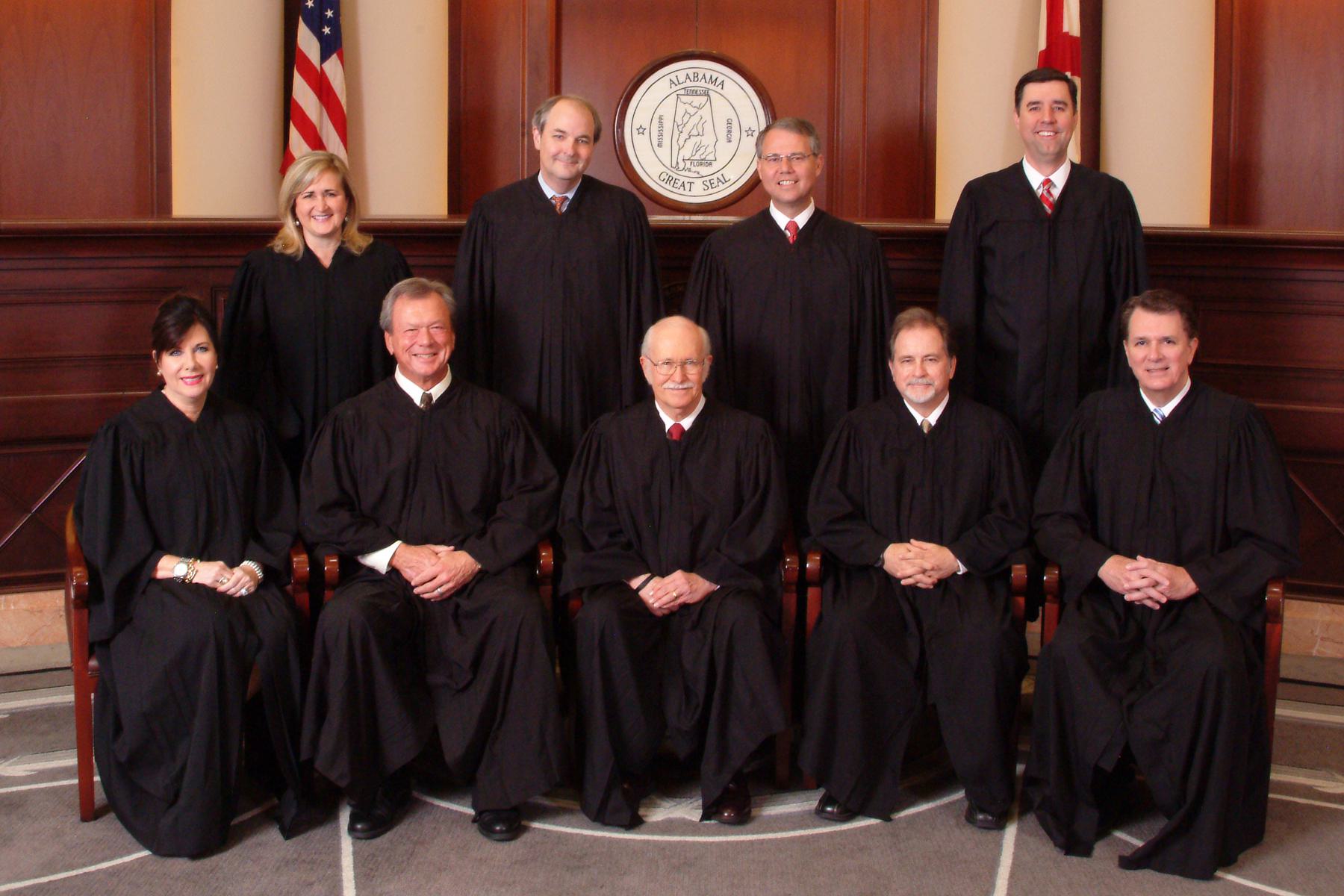Referencing the unanimous Alabama Supreme Court ruling in Alabama Department of Revenue v. Greenetrack, Inc., Alabama Attorney General Steve Marshall (R) announced on Friday that Greenetrack, Inc. is a for-profit casino and racetrack owing the state $76 million in unpaid taxes on its gaming enterprise in Greene County.
“Every day, all across our great state, the people of Alabama get up, work hard to make an honorable living, obey the law, and pay their taxes,” said Marshall. “And then there are the likes of Greenetrack, which schemes to make a dishonorable profit, break the law, and evade their taxes. Such a sordid state of affairs is more than merely unjust — it is hateful to the rule of law. And, under my watch, it will not be tolerated.”
The Alabama Department of Revenue audited the bingo operation at Greenetrack between 2004 and 2008 and claimed that the track reaped vast profits under a scheme that employed a revolving slate of nonprofit organizations to evade Alabama’s laws and taxes. Greenetrack entered into agreements with nonprofit organizations to allow them, on paper, to “lease” and “operate” Greenetrack’s enterprise. In return, the nonprofits received a fraction of Greenetrack’s illegal gambling proceeds, which the state termed a “kick back” and Greenetrack kept the rest, tax free. For example, in 2007, nonprofit organizations received a meager 2.5% of the nearly $69 million that Greenetrack netted from its illegal gambling enterprise.
The Alabama Supreme Court agreed with the Attorney General’s Office, concluding that Greenetrack’s scheme “did not immunize it from taxes” and “did not comply with [Alabama law],” rendering a judgment for the State of Alabama that will allow over $76 million in unpaid taxes and interest to be collected.
“Greenetrack and the nonprofit organizations 'enter[ed] into ... contracts’ for Greenetrack to ‘operate bingo games ... on behalf of the nonprofit organization[s],” Justice Jay Mitchell wrote for the Court. “… The nonprofit organizations let Greenetrack use their ‘name[s]’ and ‘identit[ies]’ in operating bingo games that were not -- by any possible stretch of language -- ‘directly and solely operat[ed]’ by the nonprofit organizations themselves. Indeed, that was the whole point of the ‘leases.’
“The facts are undisputed because of Greenetrack's failure to properly oppose the Department's factual showing,” the Court continued. “And the only reasonable inference the undisputed facts permit is that Greenetrack's ‘lease’ system was no more than an attempt to cloak an illegal for-profit bingo operation with a veneer of legality based on the nonprofit organizations' nominal participation. … Accordingly, Greenetrack's bingo gross receipts were subject to sales tax.”
Matt Clark is the president of the Alabama Center for Law and Liberty.
“This case appears straightforward but actually got complex,” Clark told 1819 News. “Nevertheless, it appears to me that Justice Mitchell did a great job in tracking all of the math, statutory nuances, and relationships between the parties to come to a sound result. The Alabama Supreme Court appeared to agree, since the vote was 9-0.”
Greenetrack is one of the over 30 gambling operations in the state. Most of them operate as “charity bingo” even though the Supreme Court of Alabama has repeatedly ruled that bingo is a game played on paper cards, not on any form of electronic machines.
The state has argued the electronic games, which sometimes resemble slot machines, are not what was intended by the laws allowing charity bingo. Operators maintain the games are allowed by local constitutional amendments authorizing bingo and it doesn’t matter if the game is played on paper or on a machine.
“At the end of the day, even complex cases have simple themes,” Clark continued. “In this case, it appears that Greenetrack was following the theme that we've seen from gambling institutions around this state for years: they thumb their noses at the law and do what they want, providing only a veneer of legal cover in the process. It appears to me that the Alabama Supreme Court saw through that today and reminded Greenetrack that it is not above the law. My hope is that both Greenetrack and gambling institutions around the state get the message.”
Greg Davis is the president of the Alabama Citizens Action Program (ALCAP) which represents Alabama churches in the state legislature. ALCAP has opposed recent efforts to expand gambling in the state and codify operations, including Greenetrack, as protected regional monopolies under state law.
"These type of gambling schemes are illegal in Alabama and rather than having to collect back taxes years later from illegal activity, the state should shut them down,” Davis said. “These illegal slot machines took more than a billion dollars out of the state's economy and only gave a very small fraction to charities. It's immoral and not very good economics for the state of Alabama.”
To connect with the author of this story, or to comment, email brandon.moseley@1819News.com.
Don’t miss out! Subscribe to our newsletter and get our top stories every weekday morning.










